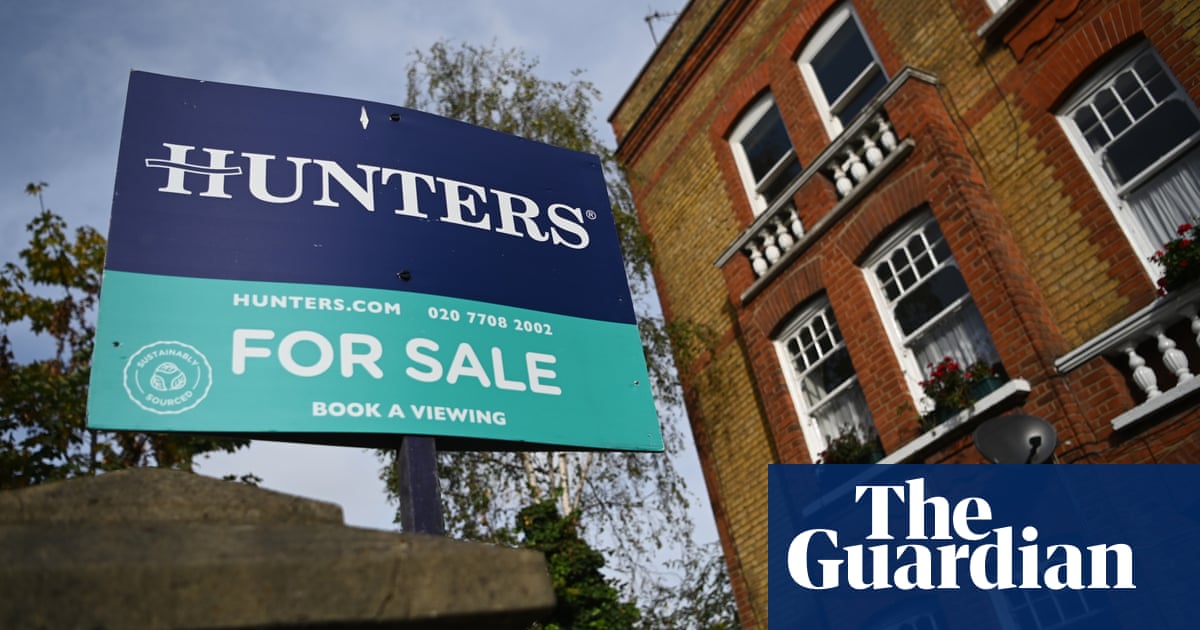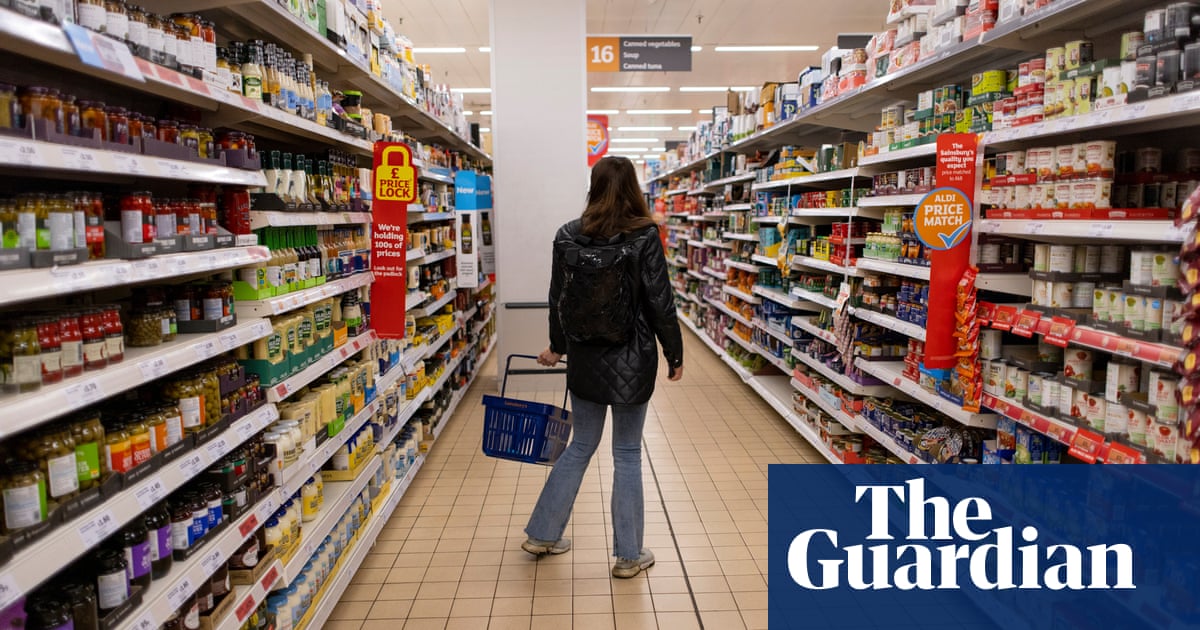
UK government borrowing fell in June as the reopening of the economy from lockdown fuelled a rise in tax receipts despite a record jump in debt interest payments to £8.7bn amid rising inflation.
The Office for National Statistics (ONS) said the government’s budget deficit – the shortfall between spending and income – reached £22.8bn in June, a fall of £5.5bn from the same month a year earlier.
However, the latest snapshot revealed the impact on the public purse from rising inflation as interest payments on government debt increased by more than 200% to £8.7bn, the highest monthly level on records dating back to 1997.
The rise in debt interest payments is likely to become a focus of Rishi Sunak after the surge in government borrowing during the Covid-19 pandemic pushed debt to levels unseen since the 1960s.
However, there is also good news for the chancellor in the June borrowing figures. With a sharp rise in consumer spending as consumers rushed back to shops, pubs and restaurants after the reopening from lockdown, tax receipts rose by about 20% compared with the same month a year ago.
Overall public borrowing was below the £25.5bn forecast for the month made by the Office for Budget Responsibility (OBR) in March.
The UK also made its first payment to the EU under the withdrawal agreement with Brussels of £800m, with similar payments expected to be made over the coming months.
The ONS said fluctuations in debt interest were largely down to a rise in the retail prices index measure of inflation, to which index-linked government bonds are pegged, after a sharp increase in recent months.
Some economists warn Britain’s economy is at risk from soaring inflation amid supply bottlenecks and booming demand for goods and services as Covid-19 restrictions are relaxed. However, others, including the Bank of England, have said the recent burst of inflationary pressure is likely to be temporary.
RPI jumped to 3.9% in June, the highest level for three years, as the price of food, secondhand cars, clothing and footwear, eating and drinking out, and petrol and diesel rose. However, much of the rise was down to reversing the collapse in prices a year ago during the first wave of Covid-19.
The ONS said the extra funding required by the government for coronavirus support schemes, combined with lower tax receipts and the record economic downturn, pushed public sector debt to £2.2tn at the end of June, or about 99.7% of GDP – the highest ratio since 1961.
Sunak said the government would continue to support businesses and jobs but added: “However, it’s also right that we ensure debt remains under control in the medium term, and that’s why I made some tough choices at the last budget to put the public finances on a sustainable path.”
The UK recorded the fourth-largest rise in government borrowing among 35 large economies last year, after experiencing one of the worst recessions in the group and suffering among the highest coronavirus infection rates.
Earlier this month the OBR warned that higher debt levels and inflation were a growing risk for the government, finding that the cost to service the national debt from a one percentage-point rise in interest rates was six times greater than before the 2008 financial crisis and almost twice what it was before the pandemic.
Despite setting a fresh monthly record, annual debt interest payments have fallen to historically low levels in recent years. Even though the national debt has hit the highest GDP ratio since the 1960s, servicing costs are at a 320-year low. In March, the OBR forecast spending on debt interest would hit £24.8bn this year, £13bn lower than its estimate for 2021-22 prior to the pandemic.
The Treasury watchdog said on Wednesday that debt interest spending was still £900m below its forecasts for the year to date despite the record rise in June.
The snapshot from the public finances comes as Sunak eyes raising national insurance contributions to fund reforms to social care, in the run-up to the delayed launch of the Treasury’s spending review.
The Institute for Fiscal Studies thinktank said the chancellor was poised to make cuts to public services worth up to £17bn a year despite growing demands for funding in several areas and the costs of Covid-19.












